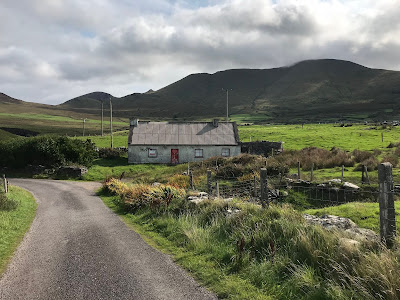Educated
When I picked up Tara Westover’s memoir Educated, I knew I was in for a good read. The book had been recommended by others I trust, so I bought it for my Kindle (a sure sign I want to read a book badly enough to pay for it).
I knew the basic story — a young woman raised in a strict Mormon family, not schooled at all until she got herself to university.
What I wasn’t expecting was the nuance, the side story, which maybe was the main story, and that is how her desire for education wars with her desire to belong, to be part of a family and a place.
“The hill is paved with wild wheat. If the conifers and sagebrush are soloists, the wheat field is a corps de ballet, each stem following all the rest in bursts of movement, a million ballerinas bending, one after the other, as great gales dent their golden heads. The shape of that dent lasts only a moment, and is close as anyone gets to seeing wind.”
This passage is from the beginning of the book, when Tara introduces her young self and her family: the unbending patriarchal father, the resourceful but ultimately weak mother, the seven children, Tara the youngest. She and the brothers and sister closest to her in age didn’t have birth certificates until they were half-grown.
As Tara teaches herself enough math, grammar, history and science to receive a high score on the ACT (which guarantees her admission to Brigham Young University), she begins to pull away from her family. She has to. And the more educated she becomes (ultimately receiving a Ph.D. from Cambridge), the more threatened her family is by her.
It’s one of the oldest and saddest stories, the need to choose between family and accomplishment. But it plays out in lesser forms all the time.
“All my studying, reading, traveling, had it transformed me into someone who no longer belonged anywhere?” she wonders.
What ultimately brings her back to family — not her parents or some of her siblings, who disowned her, but to aunts and uncles and cousins — is place. “I was of that mountain (she says of Buck’s Peak in Idaho, where she was raised), the mountain had made me.”
Before her formal education, there was education of another kind:
“I had been educated in the rhythms of the mountain, rhythms in which change was never fundamental, only cyclical. The same sun appeared each morning, swept over the valley and dropped behind the peak. The snows that fell in winter always melted in the spring. … I believed my family was a part of this immortal pattern, that we were, in some sense, eternal. But eternity belonged only to the mountain.”
